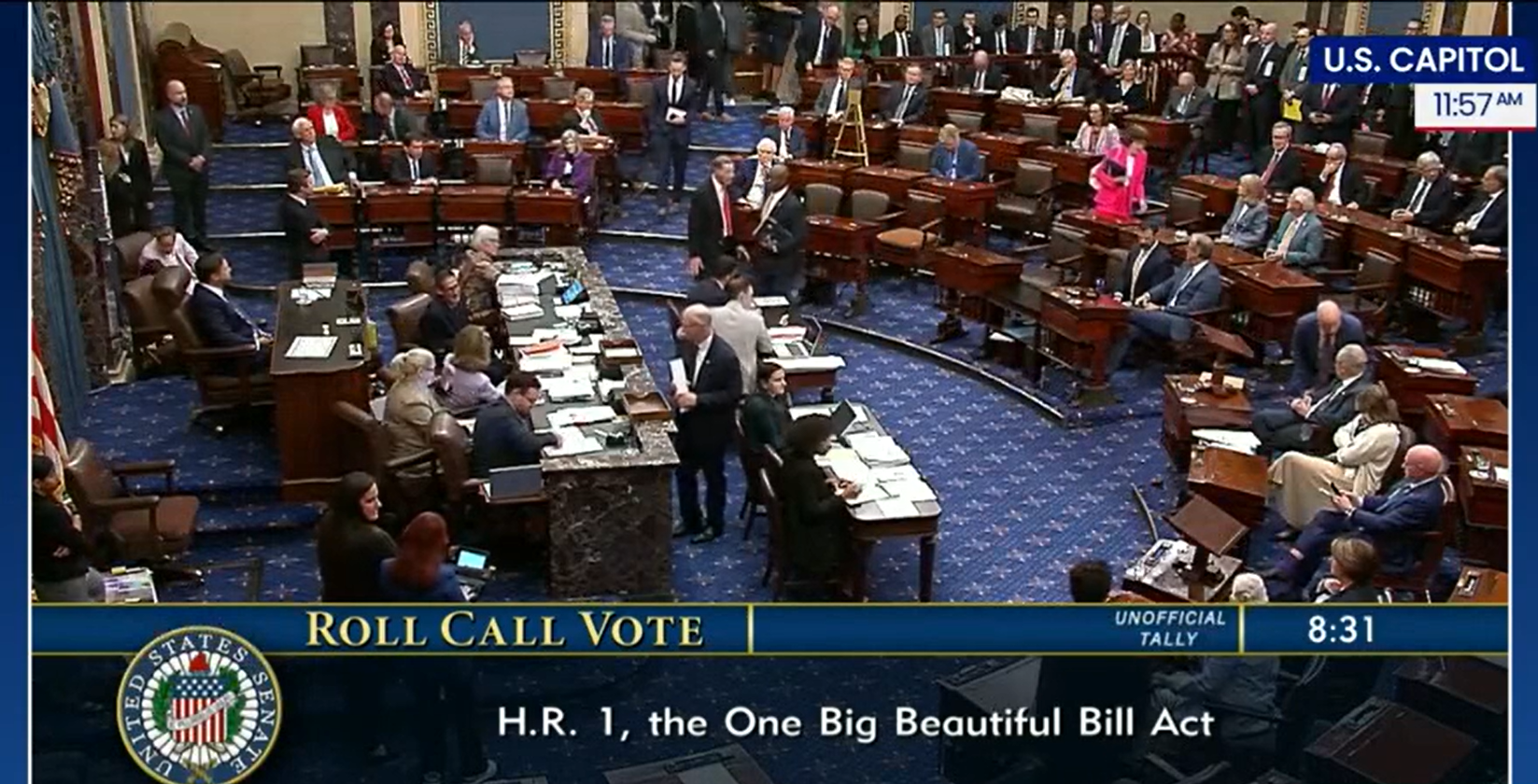Stateside Report - 01.30.23
Stateside Report: January 30, 2023

Share this page
Stay Informed on the Latest Research & Analysis from ANCOR
More News
Capitol Correspondence - 07.01.25
U.S. Supreme Court Issues Decision to Limit Nationwide Injunctions

Stateside Report - 06.23.25
Stateside Report: June 30, 2025



